Areas and lines of research
The R+D+i work carried out by BioKeralty is carried out thanks to its participation in projects at a national and international level in collaboration with various strategic partners and entities. Our research work encompasses a wide variety of areas within which different lines of research and projects can be identified.
Chronic and neurodegenerative diseases
In terms of health, finding effective therapies against aging (closely associated with chronic neurodegenerative diseases) constitutes one of the main challenges of the current society in order to counteract the effects derived from demographic transformation. In this context, the prevention and treatment of chronic neurodegenerative diseases could allow a decrease in dependency and socioeconomic impact.
The Chronic Diseases and Neurodegenerative Diseases research team has focused its efforts on the search, design, execution and monitoring of those projects oriented toward improving processes, care, treatments and quality of life for patients with this disease conditions involving at the same time professionals and citizens.
In this context, BioKeralty considers the establishment of national and international alliances with public and private agents that currently lead research in chronic and neurodegenerative diseases a priority in order to transfer the results obtained from the different researches to clinical practice.

Research areas and projects:
Line 1 – Metabolic syndrome and coexisting pathologies
The aging of the population is associated with chronic diseases, such as Metabolic Syndrome (MS), Type 2 Diabetes mellitus (T2D) and chronic neurodegenerative diseases (for example, Alzheimer’s disease (AD). Consequently, finding effective therapeutic solutions is essential to adequately manage demographic transformation consequences.
The projects developed in this field are:
- Supreme (HAZITEK): new salutogenic approach for the prevention, diagnosis and treatment of metabolic syndrome and coexisting pathologies (HAZITEK-ZE-2019/00022). The SUPREME project aims to research, develop and obtain new foods and genetic tools that allow an early diagnosis and an effective personalized nutritional intervention for the prevention and treatment of metabolic syndrome, T2D and its derivation in cognitive deterioration.
Line 2 – Alzheimer’s disease
In the context of neurodegenerative diseases, Alzheimer’s disease (AD) is the main cause of dementia among aged population implying a total lack of autonomy for affected people who require specialized care with a high social and economic cost. According to the World Health Organization, 50 million people around the world have been living with dementia since 2018 and this number will triple by 2050.
The projects developed in this field are:
- Neurofar / Drugs4Ad-I + D + I project on new drugs with therapeutic potential in Alzheimer’s disease (ELKARTEK-KK-2016/00045; KK-2017/00014): the purpose of this research is to identify new therapeutic targets to act in a pharmacological way and to improve the limited effectiveness of currently approved treatments to treat Alzheimer’s disease. Recently, ten serum phospholipids (PL) have been described as potential biomarkers of Alzheimer’s disease, as well as PL alterations in brain samples. However, these results have not been yet related to the major neurolipid neurotransmission systems. The present project investigated new neurolipidic targets with great therapeutic potential and that could lead to new treatments in relatively short terms. The modulation and neuroprotection exerted by signaling systems by neurolipids, such as endocannabinoid (eCB), those of the lysophospholipids lysophosphatidic acid (LPA) and sphingosine-1-phosphate (S1P) and omega 3 fatty acids such as docosahexaenoic acid (DHA). Within these projects, it should be noted that specific research tasks are carried out in the area of New advanced in vitro platforms based on iPS and organoids for the screening of effective molecules and drugs for Alzheimer’s disease.
- Investigation of the pharmacological efficacy of design unsaturated fatty acids for the treatment of Alzheimer’s disease (Igralzheimer) (RETO): the consortium of companies taking part in the IGRALZHEIMER project of RETO-2015 call have worked on the development of a series of molecules, which had previously shown their efficacy in murine models of Alzheimer’s disease. In this case, the objective of the project has focused on the development and commercialization of these molecules as nutraceutical-functional and advance in the development of a future medicine.
Line 3 – Ictus
- Pharmaceutical development of designer lipids for the treatment of stroke and related pathologies (Metabolopathies)(RETO): Every year thousands of people die as a result of cerebrovascular accidents (ictus), becoming one of the leading causes of death, both in Spain and in other industrialized countries.
- Harmonics (EITHEALTH): HARMONICS constitutes a comprehensive stroke care ecosystem that seeks to implement an innovative and high-value solution focused on outpatient care and primary care.
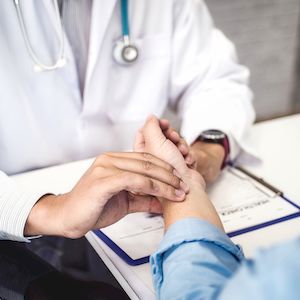 Primary care
Primary care Cancer
Cancer Chronic and neurodegenerative diseases
Chronic and neurodegenerative diseases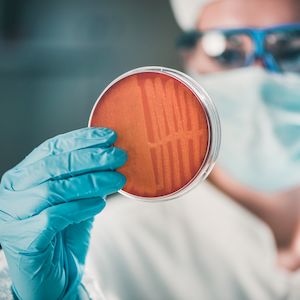 Infectious diseases
Infectious diseases E-health
E-health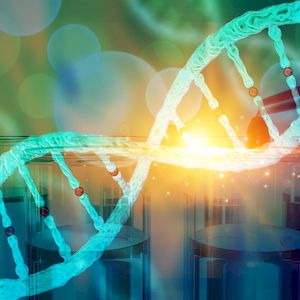 Genomics and personalized
medicine
Genomics and personalized
medicine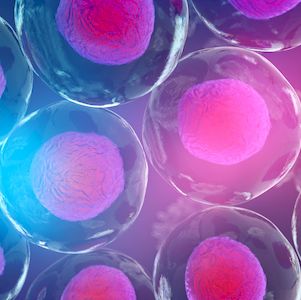 Regenerative medicine
Regenerative medicine Nanotechnology
Nanotechnology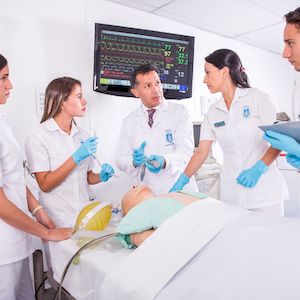 Education
Education Community
Community Social
Social Health value
Health value